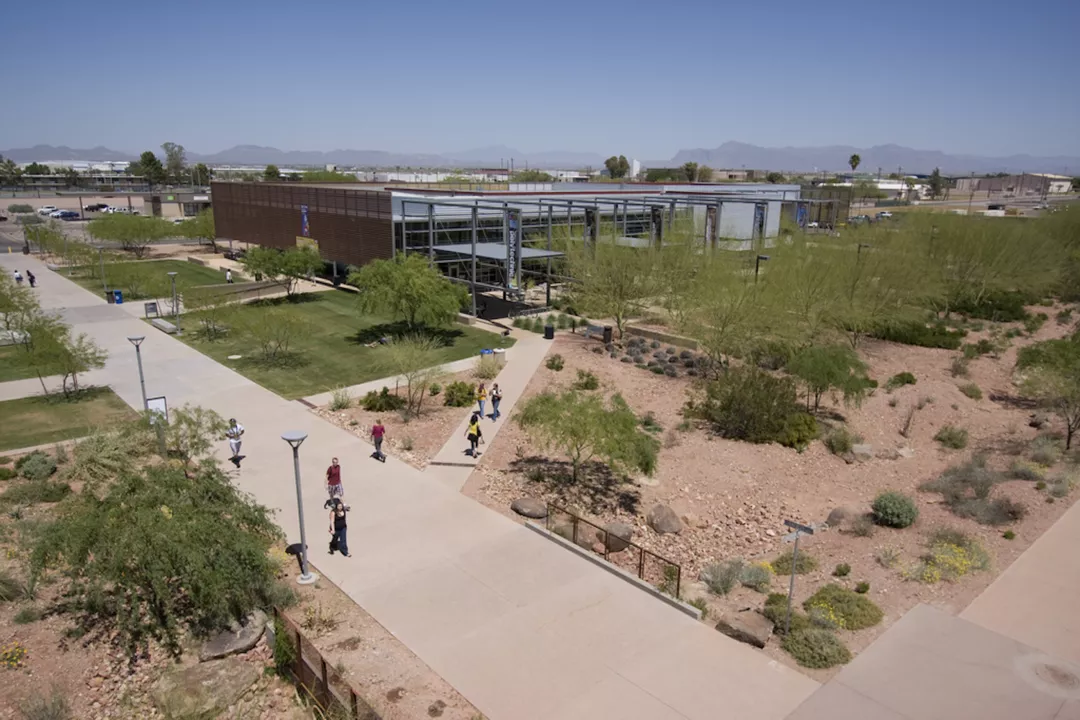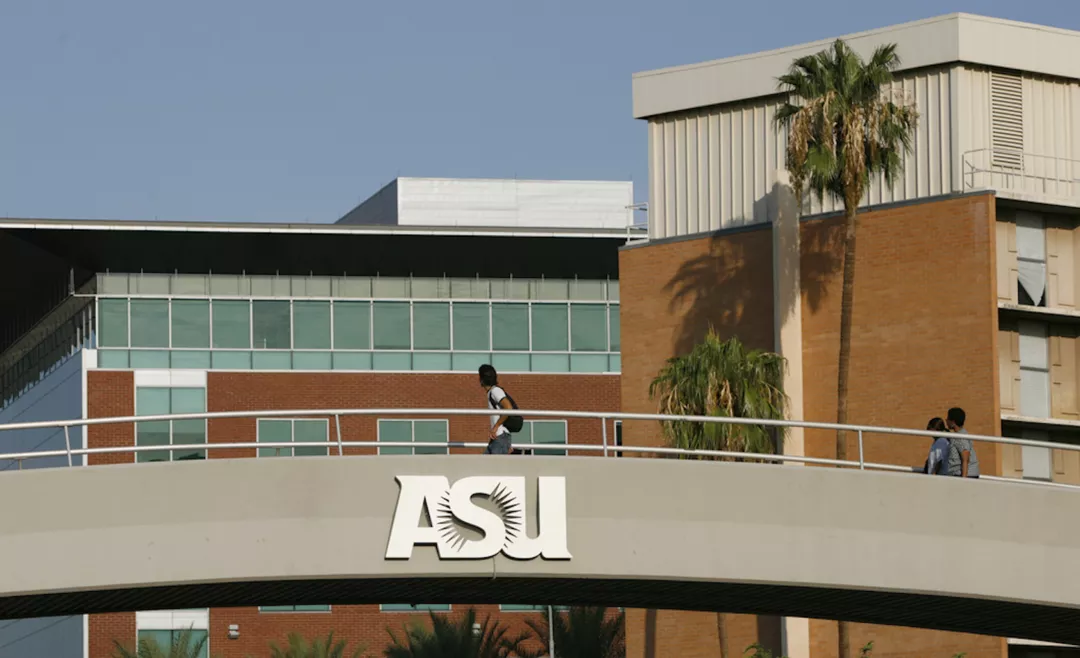-
hello@abroadcube.com
Mail us
-
Call For Help:
98779 83783
-
Whatsapp Us
70090 34921
The MS program in Science of Health Care Delivery focuses on the study and design of systems, processes, leadership and management approaches used to optimize health care delivery and health for all. This degree program is for individuals interested in a career in the health care industry. It provides students with the knowledge and competencies they will need for contributing in a patient-centered, safe and cost-effective health care system.
The curriculum is centered on achieving high-value care through leadership, population health, informatics, systems engineering, health care management, and health economics and policy. Students learn Lean Six Sigma principles and apply them to health care delivery issues.
The program challenges students to work on innovative solutions to improve the U.S. health care system by simultaneously improving the health of the population, enhancing the patient experience and reducing per capita cost of care. Students apply concepts through case studies and team-based projects to facilitate integration of knowledge and competencies. Participating students work in a cohort through the program and are able to complete the degree in nine months (one academic year). Students are paired with leading health care delivery organizations to complete an applied capstone project during the program.
| Level | Masters |
| Discipline | Sciences |
| Duration | 9 months |
| Intakes | Jan, Sep |
| Application Fees | USD 0 |
| Tuition Fees | USD 43680 |
| Campus | Downtown Phoenix |
| Language proficiency (minimum) | |
| IELTS | 6.5 |
|---|---|
| TOEFL | 80 |
| PTE | 60 |
| Duolingo | 105 |
| Exam proficiency (minimum) | |
| SAT | Not Required / Waiver |
|---|---|
| ACT | Not Required / Waiver |
| GRE | Not Required / Waiver |
| GMAT | Not Required / Waiver |
Minimum GPA - 77%
QS Quacquarelli Symonds is the world’s leading provider of services, analytics, and insight to the global higher education sector, whose mission is to enable motivated people anywhere in the world to fulfil their potential through educational achievement, international mobility, and career development.
THE (Times Higher Education) has been providing trusted performance data on universities for students and their families, academics, university leaders, governments and industry, since 2004. We create university rankings to assess university performance on the global stage and to provide a resource for readers to understand the different missions and successes of higher education institutions.
The Academic Ranking of World Universities (ARWU) was first published in June 2003 by the Center for World-Class Universities (CWCU), Graduate School of Education (formerly the Institute of Higher Education) of Shanghai Jiao Tong University, China, and updated on an annual basis
The "Webometrics Ranking of World Universities" is an initiative of the Cybermetrics Lab, a research group belonging to the Consejo Superior de Investigaciones Científicas (CSIC), the largest public research body in Spain. CSIC is among the first basic research organizations in Europe. The CSIC consisted in 2006 of 126 centers and institutes distributed throughout Spain.





